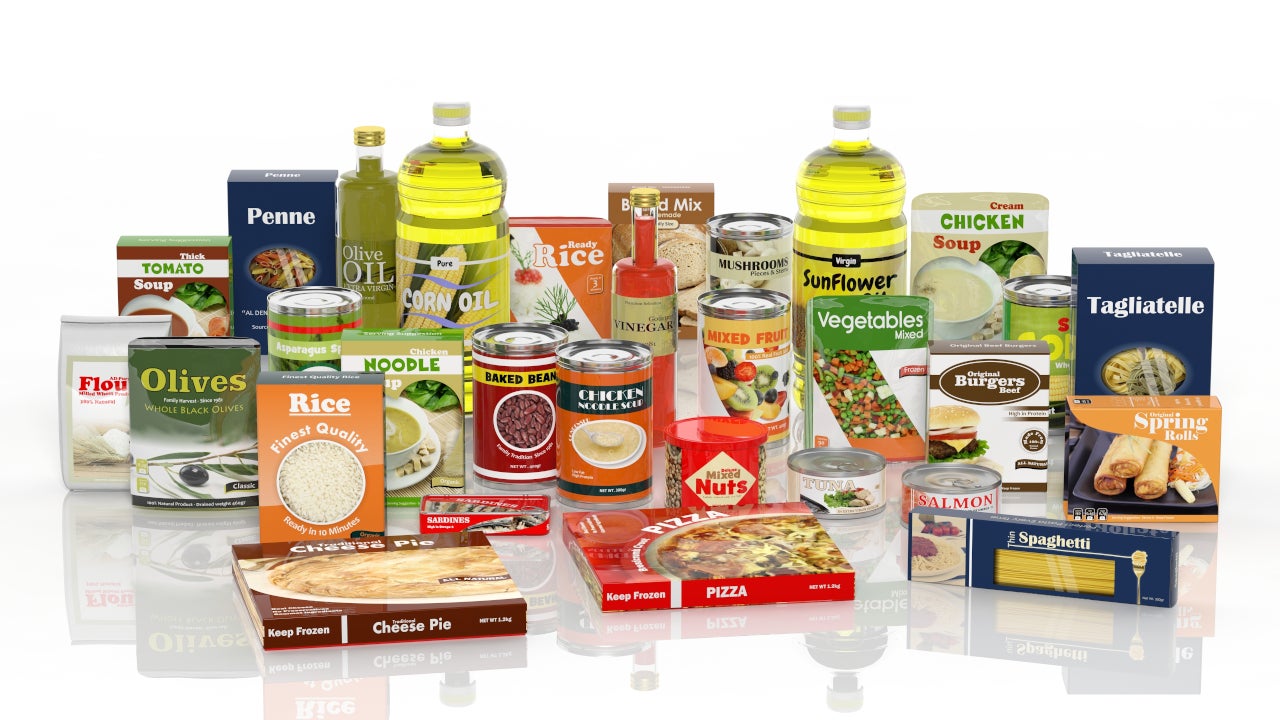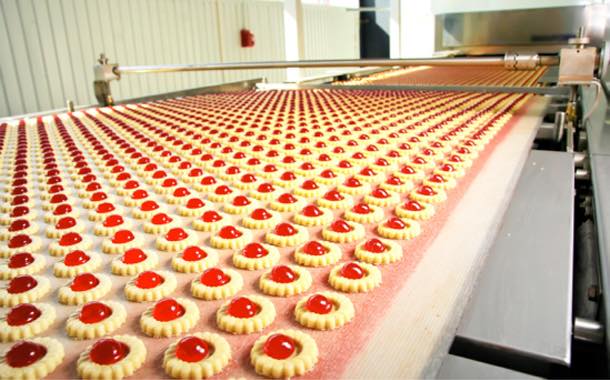Introduction
In the contract food manufacturing sector, making sure quality assurance is of utmost value. With the boosting need for contract food manufacturing in Australia, it is vital for companies to apply food contract manufacturer finest practices and also comply with strict requirements. This short article will delve into the different elements of accomplishing quality control in contract food manufacturing, highlighting the key methods and standards followed in Australia.
The Relevance of Contract Food Manufacturing in Australia
Contract food production plays a crucial function in the Australian food market. It enables business to outsource their food manufacturing to specialized producers, allowing them to concentrate on various other facets of their organization such as marketing and circulation. Contract food manufacturing also offers adaptability to companies by enabling them to scale up or down their production based on market demands.
Contract Food Production: An Expanding Trend in Brisbane
Brisbane, being a major city in Australia, has actually experienced a significant growth in contract food manufacturing. This fad can be credited to the raising variety of organizations opting for outsourcing their food production needs. Contract food manufacturing in Brisbane supplies numerous advantages such as price financial savings, access to specialized tools as well as knowledge, and also compliance with rigorous high quality standards.
Best Practices for Contract Food Manufacturing
To achieve quality control in contract food production, it is important to follow ideal techniques that ensure uniformity, safety, and efficiency. Several of these ideal methods include:
GMP (Excellent Production Practices) Compliance: Sticking to GMP standards helps keep high-grade requirements throughout the production procedure. This consists of proper training of staff, maintaining sanitation as well as hygiene, as well as implementing robust quality assurance measures.
Food Safety Monitoring Systems: Executing a comprehensive Food Safety Administration System (FSMS) is crucial for ensuring the safety and security of food products. This consists of routine inspections, danger analysis, and execution of preventative measures.
Quality Control Testing: Normal screening of resources, in-process samples, as well as ended up products is essential to determine any variances from top quality requirements. This consists of screening for microbial contamination, chemical composition, and sensory attributes.
Traceability and also Documentation: Maintaining exact documents of all production processes, components used, and also packaging materials aids make sure traceability as well as accountability. This documentation likewise helps in determining as well as resolving any kind of top quality issues that may arise.
Supplier Qualification: Carrying out detailed evaluations of providers ensures that they satisfy the necessary quality requirements. This consists of evaluating their manufacturing procedures, accreditations, and also track record in providing high-grade products.
Continuous Improvement: On a regular basis evaluating and upgrading procedures based on comments and also industry developments is important for achieving continuous improvement in contract food manufacturing. This includes tracking essential performance signs (KPIs) and carrying out rehabilitative actions when necessary.
Standards in Australian Contract Food Manufacturing
Australia has strict criteria as well as regulations in position to make certain the security and also high quality of contract food manufacturing. Some of the vital standards include:
Food Specifications Code: The Food Specification Code sets out the needs for food production, labeling, and also taking care of in Australia. It covers areas such as food security, additives, labeling demands, as well as nutritional information.
HACCP (Danger Evaluation Important Control Factor) : HACCP is a systematic technique to recognizing prospective risks in the manufacturing procedure as well as applying control steps to avoid them. It is a commonly acknowledged requirement for making certain food safety.
ISO 22000: ISO 22000 is an international requirement that specifies the needs for a Food Security Monitoring System (FSMS). Sticking to this conventional helps companies demonstrate their commitment to food safety.
SQF (Safe Quality Food) Certification: SQF certification makes sure that a firm's food security management system meets worldwide criteria. It offers assurance to clients that the products they obtain are risk-free as well as of high quality.

AIB International Certification: AIB International qualification focuses on the cooking market and also makes sure that producers meet particular food safety as well as quality requirements. This qualification is very pertained to in the contract food manufacturing sector.

FAQs regarding Quality Control in Agreement Food Production
What are the advantages of outsourcing agreement food manufacturing? Outsourcing contract food manufacturing permits companies to focus on core competencies, reduce expenses, access specialized competence, and increase manufacturing flexibility.
How can I ensure that an agreement food producer satisfies my top quality standards? It is very important to perform detailed due persistance prior to picking an agreement food supplier. This includes evaluating their qualifications, record, quality control procedures, as well as consumer feedback.

What steps can be taken to stop cross-contamination in contract food manufacturing? Correct partition of production areas, committed tools for irritant handling, as well as applying stringent cleaning protocols are some steps that can aid stop cross-contamination.
What function does packaging play in ensuring quality control in contract food production? Product packaging plays an essential function in preserving the quality as well as security of foodstuff. It needs to be developed to safeguard against contamination, preserve product quality, and also supply essential info to consumers.
How frequently must screening be carried out in contract food manufacturing? Evaluating frequency depends on numerous variables such as the type of product, service life, as well as governing needs. It is advised to have a durable screening strategy that covers raw materials, in-process examples, as well as finished products.
What are some common obstacles faced in attaining quality control in agreement food production? Usual obstacles include maintaining uniformity throughout numerous manufacturing websites, guaranteeing compliance with altering regulations, managing supply chain dangers, and also resolving customer-specific requirements.
Conclusion
Achieving quality assurance in agreement food production is necessary for businesses running in the Australian market. By adhering to finest techniques and also sticking to stringent standards such as GMP conformity, implementing food security management systems, as well as carrying out normal quality control screening, companies can make sure the safety and also high quality of their products. It is additionally important to select contract food suppliers who meet the essential accreditations as well as have a performance history of supplying high-quality products. By prioritizing quality assurance, businesses can develop trust with consumers and also establish a strong presence in the competitive food industry.